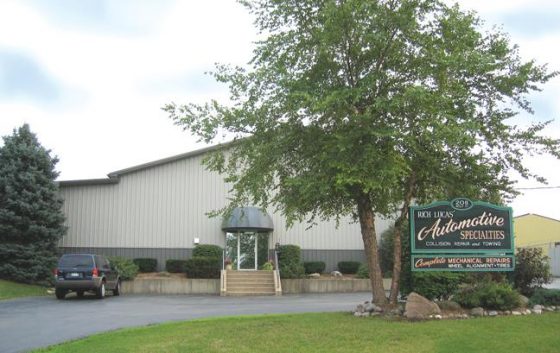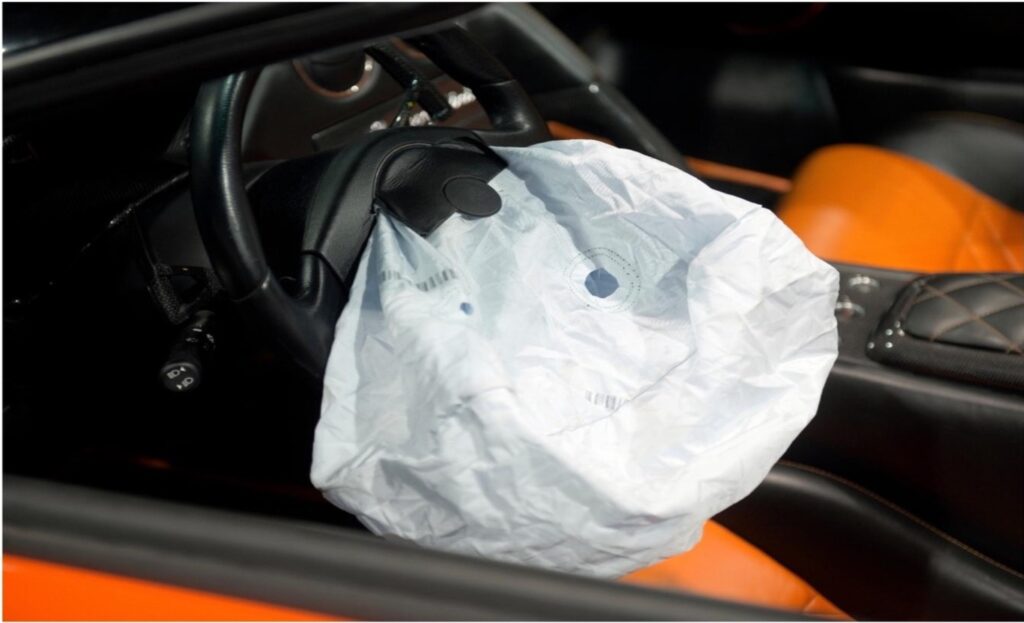Know Your Rights
How Do I Choose A Collision Repair Facility?
As the owner of a motor vehicle involved in an accident or submitting an insurance claim, you have the right to choose the shop where you wish to have your vehicle repaired. No law requires you to get more than one estimate, nor are you obligated to have your vehicle repaired at the “cheapest” shop or one “preferred” by the insurance company. You should select a repair facility based on their skill, service, knowledge, reputation and guarantee of their workmanship.
Remember, the body shop is fixing YOUR vehicle for YOU. If you’re making an insurance claim, the insurer pays the bill, but most states prohibit the insurer from requiring you to use a particular shop — that means, ultimately, no matter what you hear, THE BODY SHOP IS YOUR CHOICE.
What Is A DRP Body Shop?
Direct Repair Program (DRP) is another name for an insurance company’s listing of shops, such as: State Farm’s “Service First”, Allstate’s “PRO”, Progressive’s “Total Pro or Concierge”, etc. DRP repair facilities have been solicited by the insurance company which sends customers their way in exchange for discounted repairs, such as lower labor rates or parts discounts. The consumer is not required or obligated to use a DRP repair facility.
Automotive Specialties made a decision many years ago to decline any DRP contracts which allows us to work WITH all insurance companies but work FOR our customer.
Must I Notify My Insurance Company Before Repairs?
Yes, insurance policies require that you notify the company and tell them where the damaged vehicle may be inspected. The insurance company may wish to send an adjustor of their choice to inspect the vehicle or review the shop’s estimate prior to repair.
Who Pays The Repair Bill?
You must arrange for payment. Your insurance policy states the insurance company will pay for repairs less any deductibles or depreciation.
What If Repair Costs Exceed The Original Estimate?
Often times in the collision repair process additional damages are found resulting in more labor and parts needed to restore the vehicle to pre-accident condition. Parts sometimes come in at higher prices than quoted. These additional charges are called a supplement and will be covered by the insurance company with supporting paperwork from the repair facility.
If There Is A Problem With The Repair Job, Who Should You Contact?
First, contact the manager of the repair shop. If your problem is not resolved, contact your insurance company claims manager.

The Importance of Airbags

Driving can be one of life’s most joyful and independent experiences. But what happens when this joyful experience turns into a deadly reality? Car crashes are unpredictable, and the effects could change your life forever. Even minor fender benders can significantly impact insurance, injury, and finances.
Car accidents can happen any time, anywhere, whether on your way to getting your morning Dunkin’ coffee, leaving Cocina Madre after a full meal, driving over the Fox River, or going to play a game of late-night bowling at Pinz in Yorkville.
An auto accident doesn’t have to be the end of the road. Safety features, such as airbags, can be the difference between life and death. With this in mind, ensuring your airbags work is imperative to safe driving.
Airbags are hidden underneath small plastic flaps in certain areas of your vehicle. They can typically be found in your steering wheel, seats, ceiling, side compartments, and dashboard. They all connect to an airbag control unit that controls multiple sensors around your vehicle. These sensors respond to several different sets of stimuli, including sudden stopping, increased pressure as pieces of the car are moved due to the force of the collision, and more. For example, seat sensors determine where someone is sitting and will prevent an airbag from going off when no one is in a particular seat. When these sensors detect a moderate or severe collision, the airbags are triggered to inflate in less than a second, then, just as quickly, they deflate.
Airbags are not designed to deploy in every situation. In minor accidents, including fender-benders at the front of the vehicle, striking a curb or sign, hitting potholes, or accidents that have slight deceleration from front to rear (such as rear-end collisions or broadside collisions), it might be best if they do not deploy. If your airbags did not deploy, it might simply be what it was designed to do.
If the “Service Airbag” dash light comes on and stays on, bring your vehicle to Automotive Specialties to have it diagnosed. This warning light tells you there is a problem with one of your airbag systems. First and foremost, our main priority is your safety and satisfaction. You can call us at (630) 553-0397 or schedule an appointment via our website. Visit our website for a comprehensive list of our services and specialties.
Sources:
https://automotive-specialties.com/
https://www.facebook.com/AutomotiveSpecialtiesYorkville/
https://www.clarkfountain.com/blog/5-reasons-your-airbag-might-not-deploy/
https://hanceauto.com/how-airbags-work-to-protect-you-in-an-accident/
https://statestreetautorepair.com/blog/types-of-airbags
https://www.tripadvisor.com/Attractions-g36920-Activities-c26-Yorkville_Illinois.html






